Review for The Angry Silence
When Bryan Forbes and Richard Attenborough decided to make films independently, to their credit they wanted to do work which was artistically and socially significant, when compared with their lighter fare for mainstream British studios. ‘The Angry Silence’ typifies this resolve. It’s a film about industrial disputes and the potential unfairness that such action could have on individual workers who chose not to strike. The plain truth is that, although the results are ‘balanced’ to a point, there is no doubt which way the sympathies of the Producer’s lie. After all, the film industry itself had become unionised to a large degree; inevitably an irritant to anyone trying to produce films on a tight schedule and a small budget. In fact, the ‘bias’ of the film was so controversial on release that the film itself was banned in some Welsh mining districts.
‘The Angry Silence’ refers to the cruel practice of colleagues sending fellow workers to ‘Coventry’ (i.e. refusing to speak to them or acknowledge their presence) in the event that they continued to work during a strike. This happened even during so-called ‘wild-cat’ strikes which were those not officially sanctioned by a major union.
So when a large factory goes out on strike for a minor dispute (actually encouraged by a rogue employee working for a competitor), one worker, Curtis (Richard Attenborough) decides he won’t play the game. After all, his young Italian wife (Pier Angeli) is pregnant with their third child and he’s determined that they shouldn’t suffer any hardship.
What the worker masses in the film don’t know, but we viewers do, is that their Union Shop Steward (played superbly by Bernard Lee) is being played like a fiddle by newcomer Travis (Alfred Burke) who definitely does not have the works interests at heart.
Curtis’s lodger, the ‘anything for an easy-life’ Joe Wallace (Michael Craig), is more interested in ‘chasing skirt’ than politics and seems completely incapable of having anything approaching an opinion of his own. So when Curtis is shunned by his fellow-workers, he too feel s compelled to give him the cold-shoulder, ending with Curtis’s wife demanding that he finds lodgings elsewhere.
Curtis becomes resolved not to be bullied into anything and insists on breaking the picket lines, despite the personal cost. What’s worse is that the factory management, far from admiring his resolve, also find his behaviour odd. No one, it would seem, likes a lone-wolf, no matter how justified his principles might be.
The film shifts up a gear when the press get hold of the story of the unofficial strike action and local journalists start knocking on Curtis’s door, interviewing and slightly miss-quoting Anna (watch out for an uncredited Forbes as the journalist) and actually making matters even worse.
Before long, the national media are on town, with Alan Whicker at the helm. When things escalate further, a bunch of more radical youths get carried away and decide to wreak revenge on poor Curtis in a far more physical way than merely ‘ignoring’ him – driving the film to a dramatic close.
Although it doesn’t sound like a particularly entertaining film, like all good social melodramas, it does rattle along at a fair pace. Director Guy Green does a great job in using the huge factory settings to great effect. It’s a really great time capsule of a time when manufacturing in Britain really was at its peak.
Attenborough’s performance is OK; he certainly ladles on the emotion, but it remains an unusual piece of casting. He seems a strange match with his glamorous Italian wife and an unlikely working class hero, but it does sort of work.
Malcolm Arnold penned the score (as he did for one of my favourite Forbes movies, ‘Whistle Down the Wind’ which I watched again last week) which is excellent and the film is lifted by some amusing cameos from the likes of young ‘teddy boy’ Oilver Reed, Geoffrey Keen, Marianna Stone, Brian Bedford, Bernard Lee, and Laurence Naismith.
Although this review is for the DVD edition, the BFI restored print is absolutely top-notch. I imagine it’s a real treat on Blu-Ray.
There are a couple of nice contextual extras. There’s a contemporary interview with Forbes’ wife, Nanette Newman, who reflects back on the formation of Beaver films and its aims. There’s also an interview with Michael Craig who reflects back on the production, admitting that he first thought he would take the lead role. That may well have been a more successful piece of casting, with Attenborough taking the role of his lodger. He also reflects on the fact that the film was his story and pretty much his idea and you can sense that he feels a little betrayed by Forbes’ suggestion that it was more his own than Craig’s, even accepting an award for the script back in the day.
So, all in all, a good period piece but not a great one, nicely transferred and presented with some interesting extras.
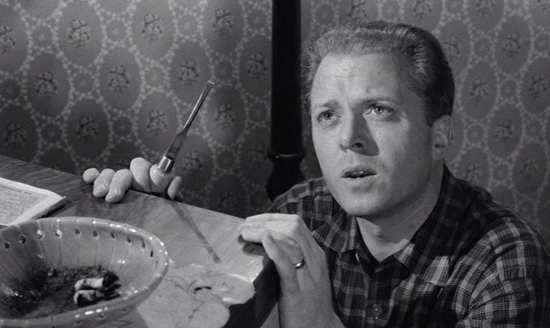
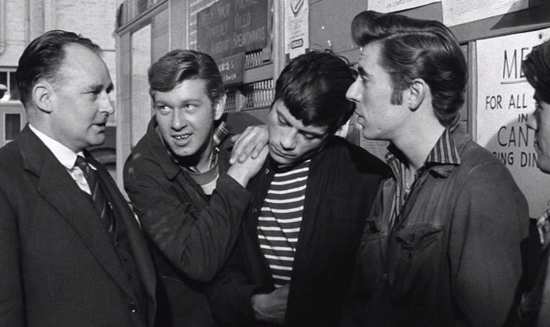
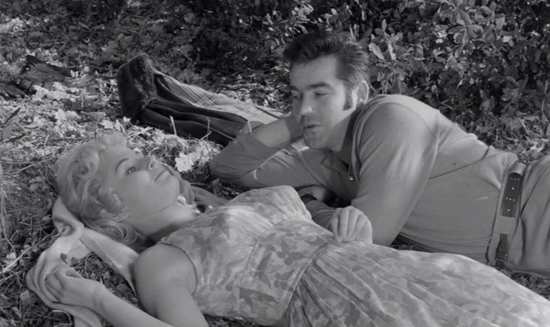
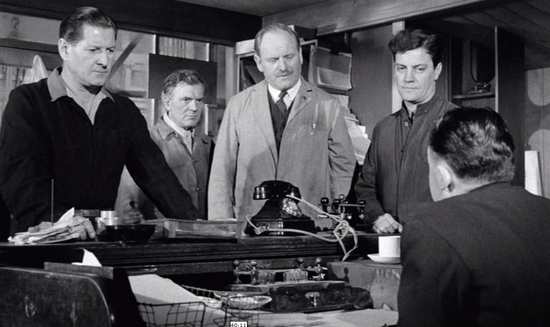
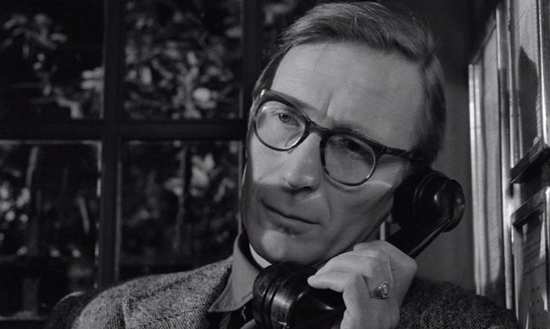
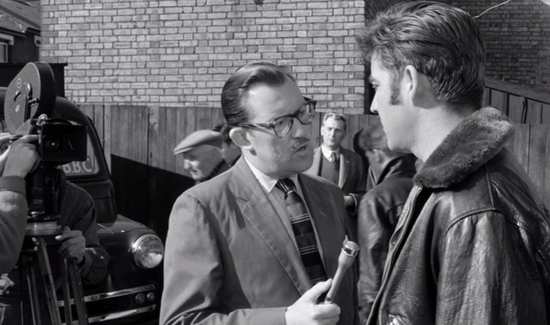
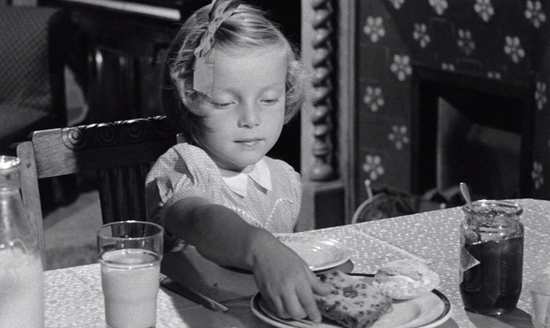
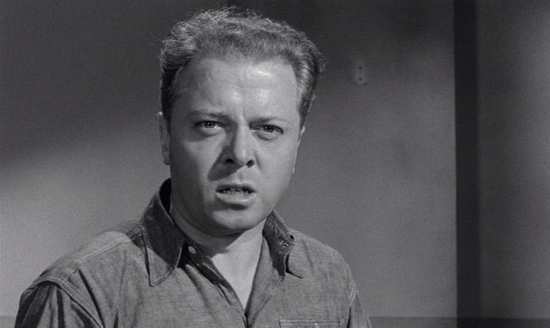
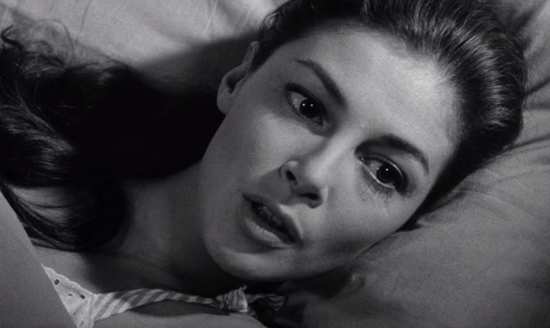
Your Opinions and Comments
Be the first to post a comment!